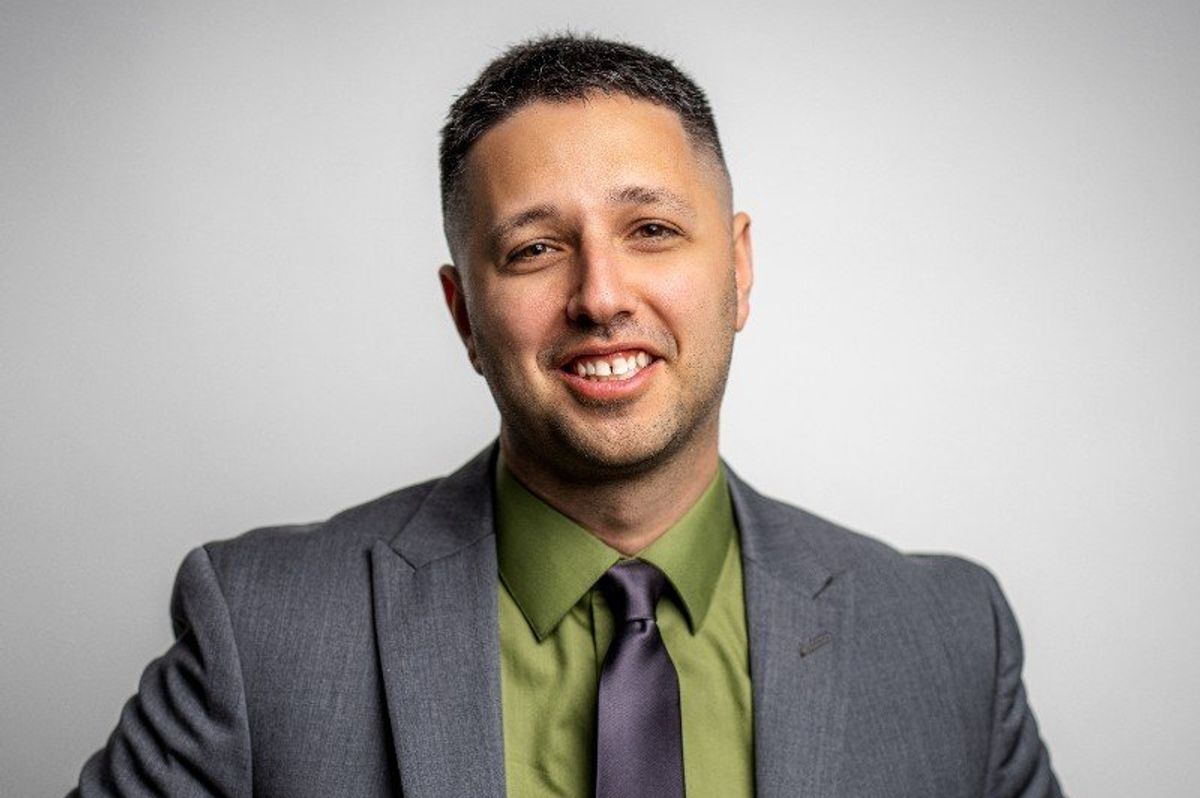Editor's note: In this week's roundup of Houston innovators to know, I'm introducing you to three local innovators across industries — from academia to energy tech — recently making headlines in Houston innovation.
Houston energy innovator on why now's the right time for energy transition innovation

Jim Gable, vice president of innovation at Chevron and president of Chevron Technology Ventures, joins the Houston Innovators Podcast. Photo courtesy
The cleantech innovation space has momentum, and Chevron strives to be one of the incumbent energy companies playing a role in that movement, Jim Gable, vice president of innovation at Chevron and president of Chevron Technology Ventures, shares on the Houston Innovators Podcast.
"People call it cleantech 2.0, but it's really cleantech 3.0," Gable says, explaining how he's been there for each wave of cleantech. "The people are better now — the entrepreneurs are better, the investors are better. Exits are here in the cleantech space."
"It's all driven by policy-enabled markets, and the policy is here now too. Twenty years ago, you didn't have nearly the same level of policy influence that you do now," he continues. "Things are coming together to help us really create and deliver that affordable, reliable, ever cleaner energy that's going to be needed for a long time." Read more.
Brad Burke, managing director of the Rice Alliance for Technology and Entrepreneurship

Brad Burke, managing director of the Rice Alliance for Technology and Entrepreneurship, has received an impressive award for his leadership. Photo via Rice.edu
A figurehead in Houston's innovation ecosystem has received an award for his career leading innovation in higher education.
Brad Burke, who's served as managing director of the Rice Alliance for Technology and Entrepreneurship since its inception 22 years ago, received the Outstanding Contributions to Advancing Innovation and Entrepreneurship in Higher Education Award. Burke was presented with the award at the 2023 Deshpande Symposium for Innovation and Entrepreneurship in Higher Education.
Recognizing an individual who has proven to be successful in leading entrepreneurship within higher education, the award was founded by serial entrepreneur Desh Deshpande. The event attracts academics, policy planners, and practitioners every year to share thought leadership within higher education entrepreneurship and innovation. Read more.
Chris Romani, chief marketing officer for illumiPure

If mobile marketing isn't in your startup's toolkit, it should be. Photo courtesy
When it comes to marketing tools, there's a lot out there. Some aren't worth it, but some can make a huge difference. Chris Romani, chief marketing officer for illumiPure, Houston-based medical device company, in a guest column for InnovationMap, outlined some of the tools that make an impact.
"For startups, when and how to begin marketing their business can feel like a cumbersome task," he explains. "As a chief marketing officer, I was asked to list services and channels that I oversee, and I came up with 16. For founders of startups who must often take on the roles of CEO and COO in addition to CMO as they look to expand their teams, that time commitment is not reasonable for someone who also has a personal life." Read more.
